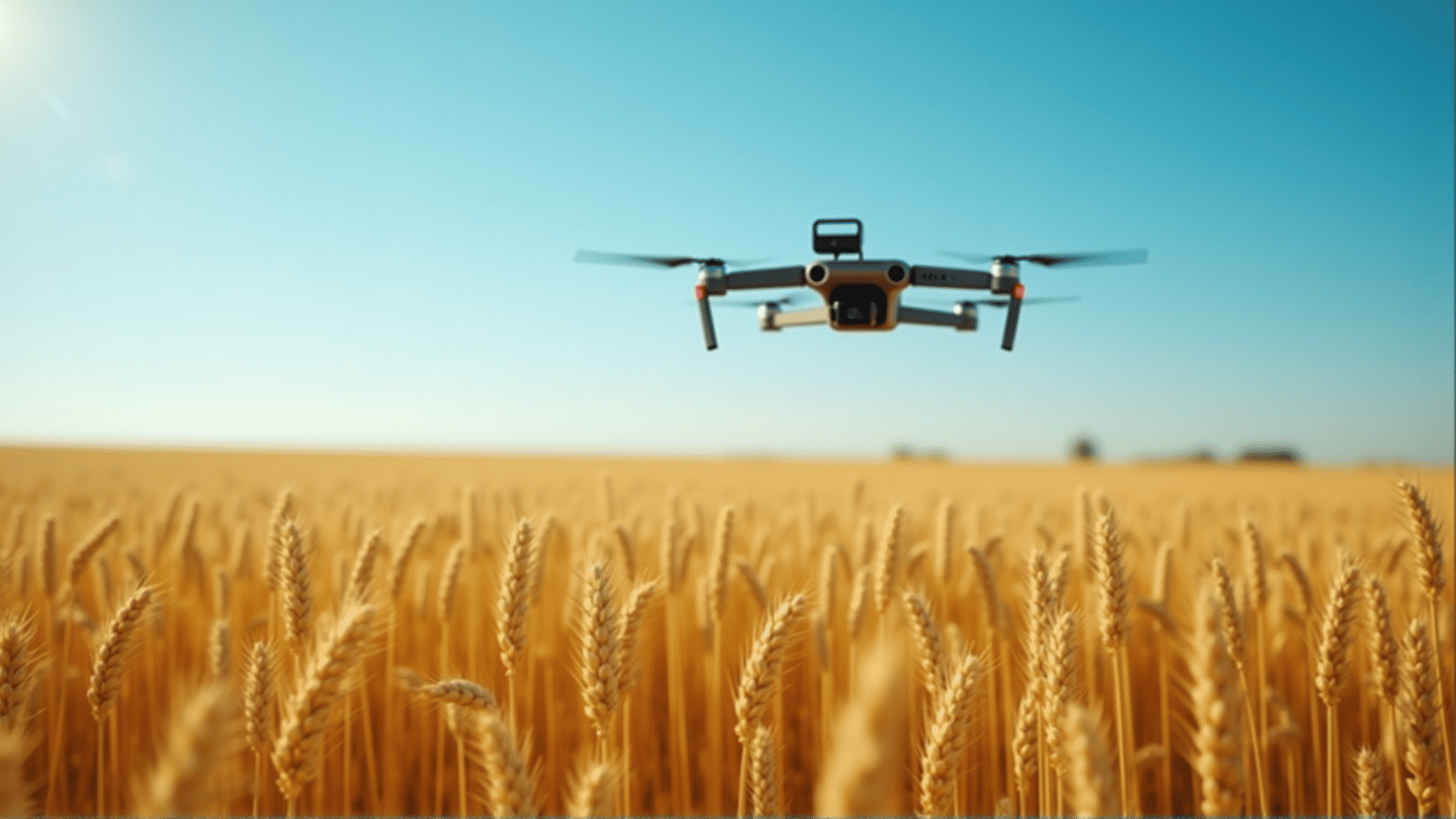In recent years, the agricultural landscape has undergone a significant transformation, driven largely by the advent of precision farming. This innovative approach leverages cutting-edge technology to enhance crop productivity and optimize resource usage, marking a paradigm shift in how we cultivate food.
At its core, precision farming is about efficiency and effectiveness. Instead of applying the same amount of water, fertilizers, and pesticides uniformly across a field, precision farming systems enable farmers to deliver customized treatments based on specific conditions in different areas. This is primarily achieved through the integration of various advanced technologies such as global positioning systems (GPS), remote sensing, drones, and data analytics.
GPS technology plays a crucial role in precision farming by providing accurate location data, enabling farmers to map their fields down to the millimeter. This detailed mapping allows for precise monitoring of crop health, soil conditions, and pest infestations. With this data, farmers can make informed decisions on exactly where and how much water, fertilizer, or pesticide is needed, reducing waste and minimizing environmental impact.
Remote sensing technology further amplifies the benefits of precision farming. By using satellite imagery and aerial sensors, farmers can gather extensive data about crop growth and soil health. This data is critical for identifying issues that may not be visible to the naked eye, such as nutrient deficiencies or water stress, allowing for swift and targeted interventions.
Drones have also become indispensable in the toolkit of the modern farmer. Equipped with cameras and sensors, drones provide real-time aerial views of vast agricultural areas, facilitating close monitoring of large fields without the need for physical labor. They can quickly survey land, assess crop health, and detect anomalies, enabling farmers to address problems before they escalate.
Equally important is the role of big data and analytics. Precision farming generates vast amounts of data that, when analyzed, offers invaluable insight into crop management. Advanced algorithms and machine learning models predict trends, forecast yields, and optimize planting schedules. This data-driven approach ensures that farming operations are not only more productive but also more sustainable and cost-effective.
The benefits of precision farming extend beyond increased crop yields. By optimizing resource usage, it contributes to environmental sustainability. The judicious application of fertilizers and pesticides reduces runoff, protecting water quality and preserving biodiversity. Moreover, efficient water use alleviates the pressure on scarce water resources, making agriculture more resilient to the impacts of climate change.
Despite the clear advantages, the adoption of precision farming is not without challenges. Initial costs can be prohibitive for small-scale farmers, and there is a steep learning curve associated with implementing these technologies. However, as the cost of technology decreases and training becomes more accessible, an increasing number of farmers are expected to embrace precision farming.
In conclusion, precision farming represents the future of agriculture—one where technology and tradition converge to produce food in a manner that is efficient, sustainable, and resilient. By harnessing the power of cutting-edge technology, farmers can meet the growing global demand for food while safeguarding the environment for future generations. As these technologies continue to evolve, they hold the promise of transforming the agricultural sector, ensuring a productive, sustainable, and food-secure future.
